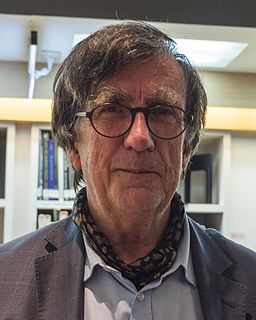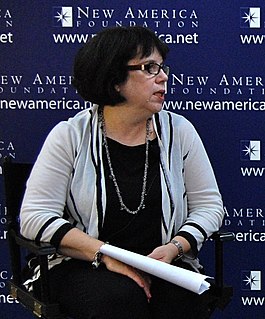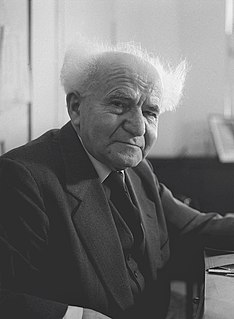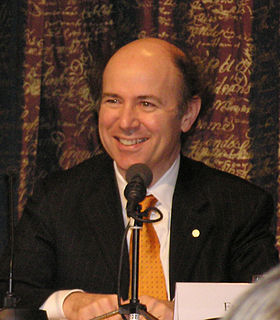A Quote by Bruno Latour
If one looks at the works of Newton to Einstein, they were never scientists in the way modernity understands the term.
Related Quotes
Beyond the Einsteins and Darwins, most scientists don't have chroniclers. Einstein and Darwin were geniuses - that helps. Many scientists do amazing stuff, but it just disappears into footnotes and dusty medical journals. If I were masochistic enough, I could spend the rest of my life rescuing scientists. Most of them aren't natural self-promoters.
We went to the moon using just Newton's laws of motion and gravity. Newtonian dynamics we call it. So then we find out, "Well, this works because there's certain regimes we've never tested it in." Had we done so, we would show that it didn't work: For example, at very high speeds, very high gravity, Newton's laws fail. They just fail. You need Einstein's laws of motion and gravity. Those would be his special theory of relativity and general theory of relativity. Now you invoke those and it works.
Walking the streets of Tokyo with Hawking in his wheelchair ... I felt as if I were taking a walk through Galilee with Jesus Christ [as] crowds of Japanese silently streamed after us, stretching out their hands to touch Hawking's wheelchair. ... The crowds had streamed after Einstein [on Einstein's visit to Japan in 1922] as they streamed after Hawking seventy years later. ... They showed exquisite choice in their heroes. ... Somehow they understood that Einstein and Hawking were not just great scientists, but great human beings.
Epitaph on Newton: Nature and Nature's law lay hid in night: God said, "Let Newton be!," and all was light. [added by Sir John Collings Squire: It did not last: the Devil shouting "Ho. Let Einstein be," restored the status quo] [Aaron Hill's version: O'er Nature's laws God cast the veil of night, Out blaz'd a Newton's soul and all was light.
Facts and theories are different things, not rungs in a hierarchy of increasing certainty. Facts are the world's data. Theories are structures of ideas that explain and interpret facts. Facts do not go away while scientists debate rival theories for explaining them. Einstein's theory of gravitation replaced Newton's, but apples did not suspend themselves in mid-air pending the outcome.
Ever since Sir Isaac Newton's times, scientists have worked in the same sort of way: They show a great respect for experiment and observation, They don't cherry pick data, They take a skeptical approach to what they do. And then scientists work together to get a consensus as to what should be believed And that generates very reliable knowledge and that reliable knowledge drives innovation

































